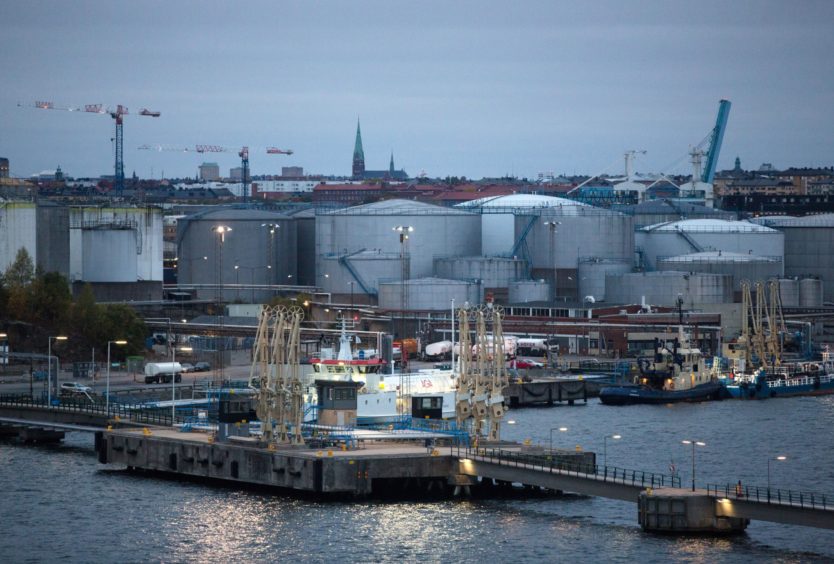
One of the Nordic region’s biggest oil refineries has halted an expansion that threatened to break up Sweden’s governing coalition, comprising the Social Democrats and the Green Party.
Preem AB has decided to withdraw all applications for a 1.6 billion kronor ($176 million) expansion of its Preemraff refinery outside Lysekil on the Swedish west coast, the company’s board said in a statement.
While the plans had already received the necessary environmental permits, the Swedish government had earlier said it would need to grant final approval given the project would boost national emissions of carbon dioxide by about 1 million tons per year.
The planned development became a touchstone issue for both climate activists in Sweden and the country’s Green Party, which was considering leaving the government if the expansion got the green light, newspaper Dagens Nyheter reported, citing several sources from within the party.
The Green Party’s climate spokesman Lorentz Tovatt described Monday’s withdrawal as a “great great great victory” on his twitter account, having previously called the expansion “a threat” to Sweden’s efforts to face the climate crisis.
Swedish oil company Preem has withdrawn its application to expand their oil refinery. An expansion that would make it impossible for Sweden to stay in line with the Paris agreement.
What a huge victory for the climate and environmental movement!#preemraffhttps://t.co/gJY4UxZgMf— Greta Thunberg (@GretaThunberg) September 28, 2020
Poor Economics –
Preem — whose parent company Corral Petroleum Holdings AB is owned by Saudi billionaire Mohammed Al Amoudi — cited a “poor economic outlook” for its decision to pull the project. The new unit at the refinery would have processed the sulfur rich residue oil the company used to sell to the shipping industry into diesel.
Preem’s new plan mimics that of Nordic competitor Neste Oyj, which earlier this month said it was weighing closing its Finnish refinery in Naantali in favor of boosting the renewable output at other units.
“European refineries are currently in a fight for survival and we expect a significant number to close in the next five years,” said Spencer Welch, Vice President of oil markets and downstream consulting at IHS Markit.
And even though European oil demand “is past the peak,” Welch says a refinery may still chose to invest “in order to give it a better chance of survival.”